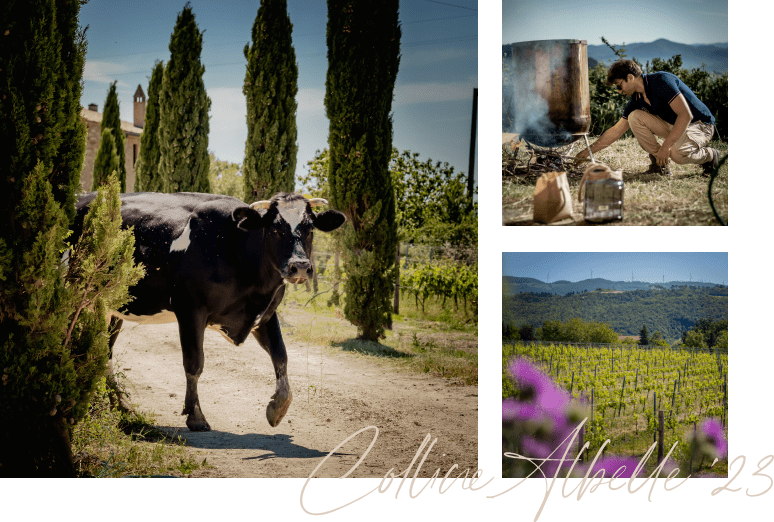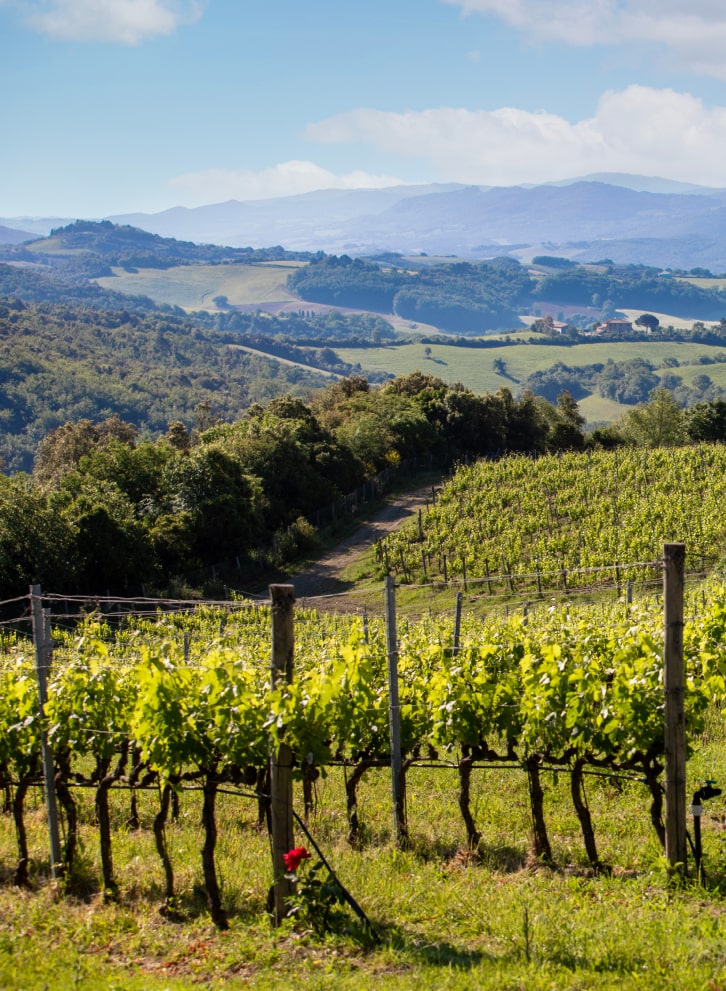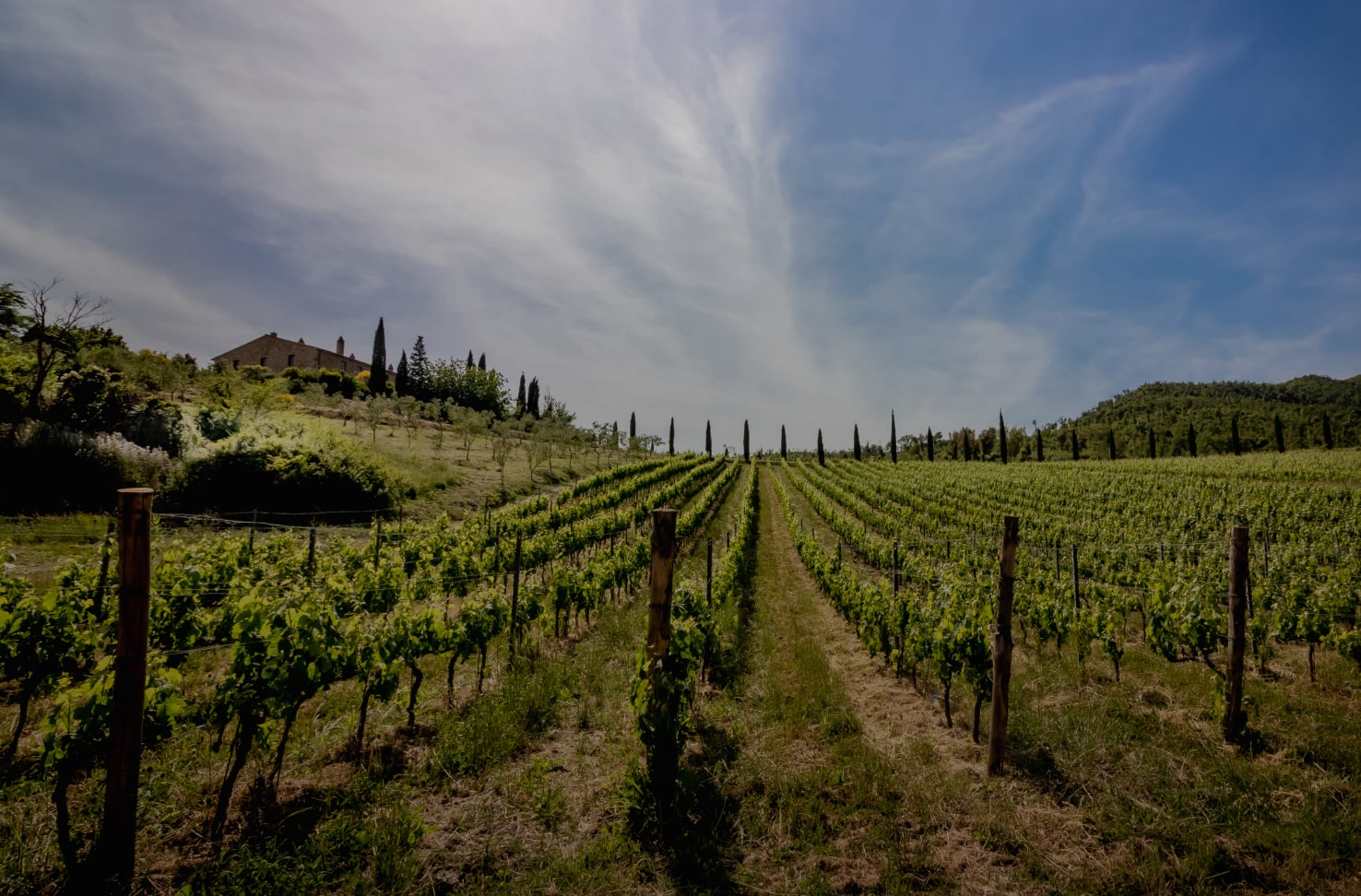Farming & Gardening
Traditional and Sustainable Agricultural Practices
Colline Albelle is rooted in traditional and sustainable agricultural practices. These principles have evolved over centuries and are closely tied to the region's geography, climate, and cultural heritage.
These farming principles reflect a commitment to sustainability, heritage preservation, and the integration of agriculture into the broader cultural and environmental context of the Colline Albelle. While modernization and globalization have influenced agriculture in the region, these traditional principles continue to shape farming practices and contribute to the uniqueness of the area's agricultural landscape.

Our Farming Principles:
Terraced Farming
Due to the hilly and sometimes mountainous terrain of the region, terraced farming is a common practice. Farmers have built stone terraces on the slopes to create level areas for cultivation. This not only prevents soil erosion but also maximizes arable land.
Crop Diversity
Traditional farming here involves a wide variety of crops. Olive trees, grapevines, wheat, and chestnut trees are among the staple crops. Crop diversity helps maintain soil health and provides a range of products for local consumption and trade.
Organic and Sustainable Practices
We follow organic farming principles. They avoid the use of synthetic pesticides and fertilizers and instead rely on natural methods of pest control and nutrient management. This promotes soil health and reduces the environmental impact of agriculture.
Conservation of Biodiversity
We know we play a role in conserving biodiversity, so maintain hedgerows, woodlands, and natural habitats on their land to support local wildlife and promote ecological balance.
Sustainable Water Management
Given the Mediterranean climate with hot, dry summers, water management is crucial. We implement irrigation systems that optimize water use and reduce wastage.
Community and Cooperative Farming
We are engaged in cooperative farming, working together to share resources and knowledge. This helps strengthen the local agricultural community and fosters collaboration.
Biodynamic Farming
Driven by the principles of organic and biodynamic viticulture, we believe in harmony and balance between each element to create a pure expression of this unique terroir.
Activities
All our activities in the estate are in line with nature conservation and the principles of sustainable development.
- Our practices, involving of course all biodynamic preparations but also appropriate cover-crops and a constant research of balance between soil, plants, animals, humans and environment lead to a rich and vibrant working relationship with nature.
- 1/3 of the electricity needs in the estate are provided by a photovoltaic system
- We have rainwater collection and purification systems
- Proudly bearing the Plastic-Free Certification, we are committed to preserving the purity of our environment. At our establishment, you can relish in luxury with a conscience, knowing that every experience is curated with sustainability in mind. No plastic is used in the Villa Albella and guest rooms. We use only plastic-free, non-toxic, fair and organic products.


Our Products
Tuscany is known for its rich culinary traditions and strong agricultural heritage that emphasis on high-quality, locally sourced ingredients. In Colline Albelle’s Bio certified organic farm, avoiding synthetic pesticides and fertilizers, it’s all according to the sustainable and eco-friendly practices aligns with the principles of clean, bio food. This approach promotes soil health, biodiversity, and overall environmental sustainability.
We Support Local Businesses
Local livestock farmers
Due to the hilly and sometimes mountainous terrain of the region, terraced farming is a common practice. Farmers have built stone terraces on the slopes to create level areas for cultivation. This not only prevents soil erosion but also maximizes arable land.
Local and Artisanal Production
Traditional farming here involves a wide variety of crops. Olive trees, grapevines, wheat, and chestnut trees are among the staple crops. Crop diversity helps maintain soil health and provides a range of products for local consumption and trade.
Tuscany: A Culinary Journey Awaits at Villa Colline Albelle
Food is an inseparable accompaniment to any travel or holiday experience
If you are a food lover and Italian food, Tuscany is your destination. Villa colline Albelle offers various opportunities to immerse yourself in the gastronomic culture.
